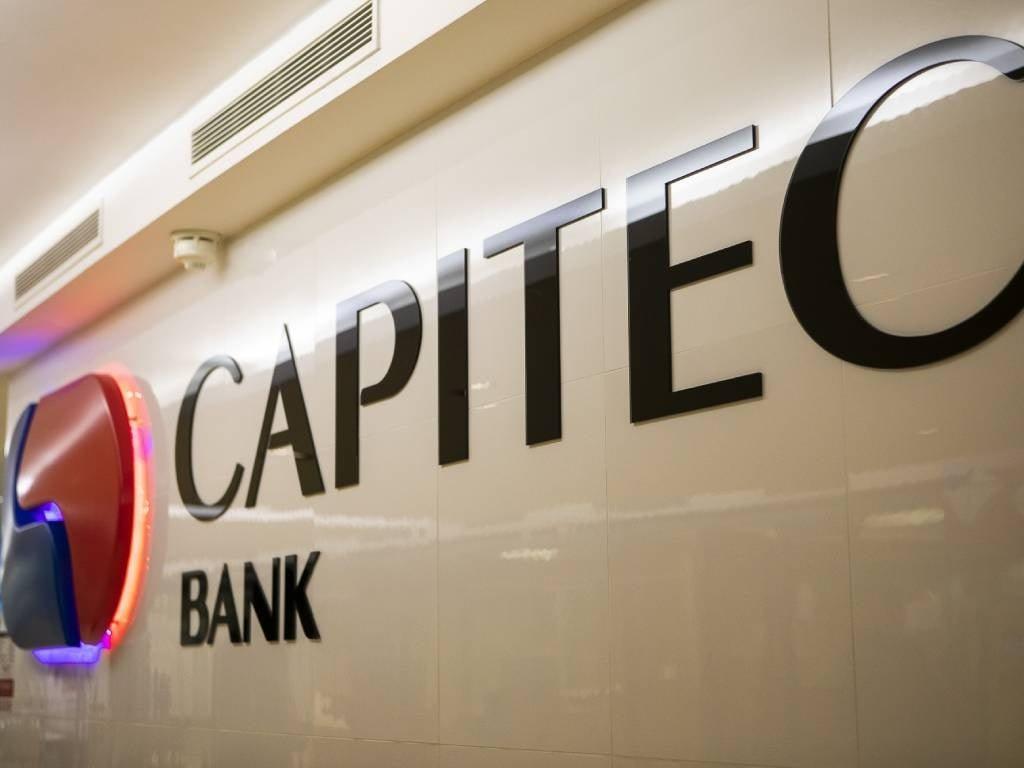Africa-Press – South-Africa. Capitec, SA’s largest retail bank by customer numbers, has flagged a modest uptick in interim earnings as financial pressures on consumers led to higher credit impairments.
The Stellenbosch-headquartered lender, which has more than 20 million active clients, advised shareholders on Friday that group headline earnings per share are expected to rise between 8% and 10% for the six months to end-August 2023, up from a restated R37.36 for the comparative period. The restatement relates to the implementation of IFRS 17 Insurance contracts standard at the beginning of March.
In early afternoon trade, shares in the bank, valued at about R195 billion on the JSE, were up 7.7%, but have still lost almost 12% on a one-year basis.
Capitec said it tightened its credit extension criteria during the six months to end-August to appropriately address the risk in its loan book created by adverse economic conditions characterised by persistent inflationary pressures and higher borrowing costs.
“The economic climate in South Africa was characterised by an inflation rate in excess of the government’s target and increases in interest rates until June 2023,” Capitec said in a statement.
“This led to consumers being under financial pressure, which impacted the retail bank loans and advances and resulted in a higher credit impairment charge and credit loss ratio.”
The SA Reserve Bank (SARB) hiked its benchmark repo rate to a 14-year high of 8.25% in May in an attempt to reign in an annual inflation rate that had remained above the upper limit of its 3% to 6% target range for 13 consecutive months. However, inflation slipped back into the target range the following month with Stats SA reporting annualised inflation in June of 5.4% with the reading for the following month easing further to 4.7%.
While that has suggested that inflation may have peaked, taking pressure off policymakers to hike rates further, SARB governor Lesetja Kganyago said last month that the job of combating inflation was “not done”. Kganyago’s task has been made more difficult by weaker rand, which makes imported items such as fuel and machinery more expensive.
While higher interest rates make it more difficult for consumers to repay loans, thereby forcing banks to book higher impairments, Capitec said that as the end of August its provisions for expected credit losses remained conservative as recent GDP and inflation data showed signs of improvement.
Capitec’s net transaction fee income and funeral plan income contributed positively to the earnings and headline earnings growth in the interim period with net transaction fee income performing strongly driven thanks to transactional volume growth and new product lines. Its funeral insurance business also did well thanks to sales growth and solid client retention.
For More News And Analysis About South-Africa Follow Africa-Press






